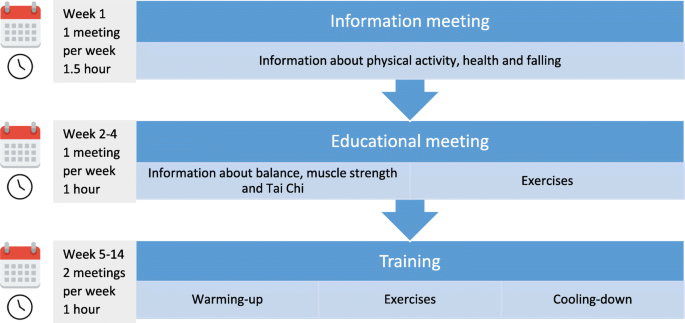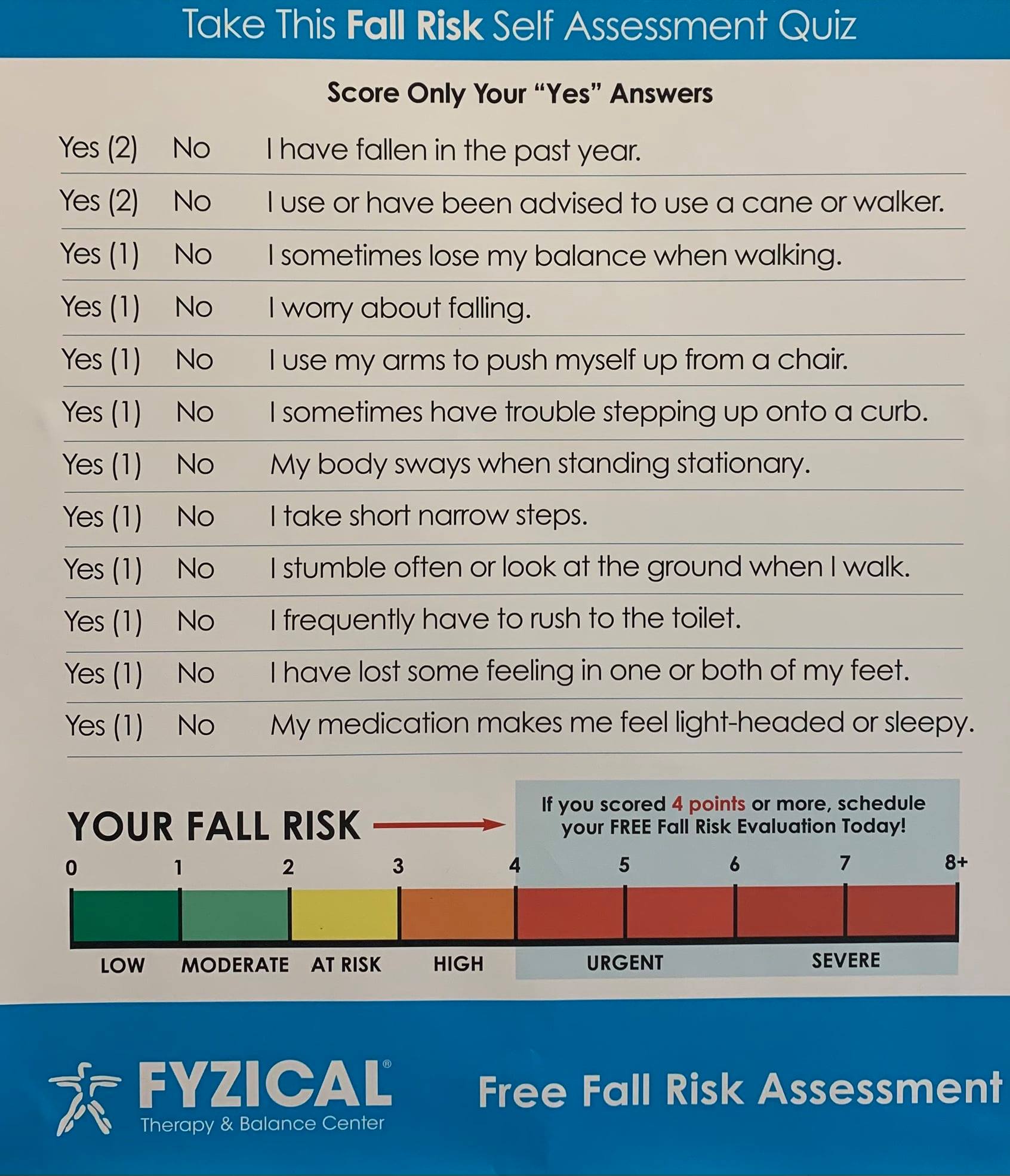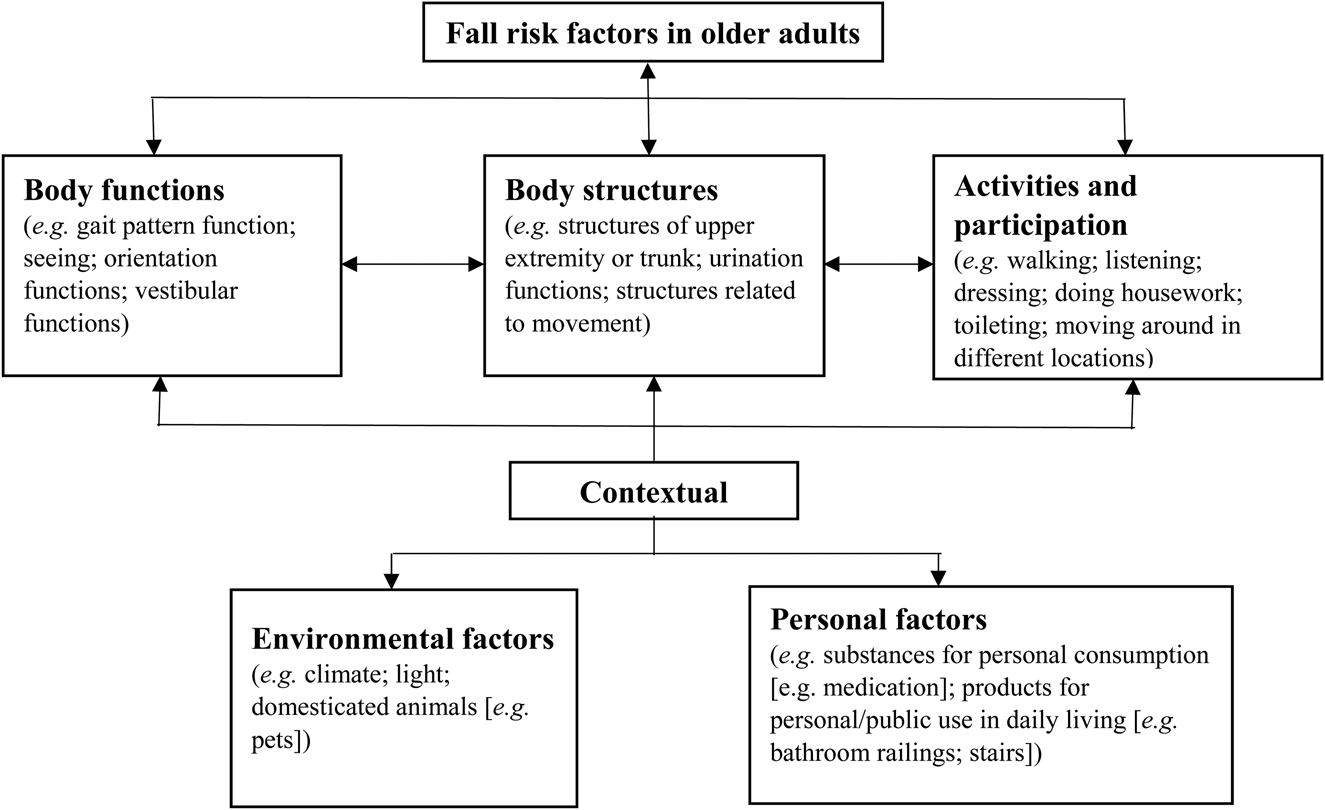About Dementia Fall Risk
About Dementia Fall Risk
Blog Article
Dementia Fall Risk - An Overview
Table of ContentsOur Dementia Fall Risk StatementsA Biased View of Dementia Fall RiskSome Known Questions About Dementia Fall Risk.Dementia Fall Risk for DummiesThe Dementia Fall Risk Diaries
The FRAT has three areas: fall threat status, risk aspect list, and action strategy. A Loss Risk Condition consists of data regarding background of current drops, medications, psychological and cognitive standing of the client - Dementia Fall Risk.If the client scores on a risk factor, the corresponding number of points are counted to the individual's loss threat rating in package to the much right. If a client's autumn danger score amounts to 5 or greater, the individual goes to high threat for falls. If the individual ratings just 4 points or reduced, they are still at some threat of dropping, and the registered nurse must utilize their finest clinical assessment to manage all fall risk variables as component of an all natural treatment plan.
These common methods, as a whole, help develop a safe setting that reduces unintended falls and delineates core safety nets for all clients. Indications are important for people in jeopardy for falls. Doctor need to recognize who has the problem, for they are in charge of carrying out actions to advertise patient safety and security and protect against falls.
Dementia Fall Risk - Questions
Wristbands ought to consist of the person's last and initial name, date of birth, and NHS number in the UK. Just red shade needs to be utilized to signal special individual status.
Products that are as well far may require the person to connect or ambulate unnecessarily and can potentially be a risk or contribute to drops. Aids protect against the person from heading out of bed with no support. Registered nurses react to fallers' telephone call lights quicker than they do to lights started by non-fallers.
Aesthetic disability can considerably trigger falls. Hip pads, when put on properly, might minimize a hip fracture when loss happens. Keeping the beds closer to the flooring decreases the risk of drops and serious injury. Positioning the bed mattress on the floor dramatically minimizes loss danger in some healthcare setups. Low beds are made to reduce the distance a person falls after relocating out of bed.
Dementia Fall Risk Things To Know Before You Get This
People that are high and with weak leg muscle mass that try to sit on the bed from a standing placement are most likely to drop onto the bed because it's as well low for them to reduce themselves securely. If a tall client attempts to obtain up from a reduced bed without support, the individual is most likely to drop back down onto the bed or miss out on the bed and fall onto the flooring.
They're designed to promote timely rescue, not to avoid drops from bed. Distinct alarm systems can additionally remind the individual not to rise alone. The use of alarm systems can likewise be an alternative to physical restrictions. Apart from bed alarm systems, increased supervision for high-risk individuals likewise might assist prevent drops.

Patients with a shuffling stride rise autumn possibilities considerably. To reduce fall danger, shoes ought to be with a little to no heel, slim soles with slip-resistant tread, and sustain the ankles. Suggest individual to make use of nonskid socks to stop the feet from moving upon standing. Nevertheless, motivate people to wear suitable, well-fitting shoesnot nonskid socks for ambulation.
7 Simple Techniques For Dementia Fall Risk
Patients, specifically older adults, have actually minimized visual capacity. Illumination a strange setting site aids increase presence if the individual have to rise during the night. In a research, homes with appropriate lights report fewer drops (Ramulu et al., 2021). Renovation in lighting in the house may reduce fall rates in older grownups (Dementia Fall Risk). Making use of gait belts by all wellness care companies can advertise safety when helping people with transfers from bed to chair.

Sitters work for assuring a protected, safeguarded, and safe environment. However, research studies demonstrated very low-certainty evidence that sitters minimize autumn threat in intense care hospitals and only moderate-certainty that alternatives like video monitoring can minimize caretaker usage without increasing fall threat, suggesting that sitters are not as valuable as initially believed (Greely et al., 2020).
8 Simple Techniques For Dementia Fall Risk

Increased physical conditioning decreases the threat for falls and limits injury that is received Web Site when autumn takes place. Land and water-based workout programs may be similarly valuable on equilibrium and gait and consequently reduce the risk for drops. Water exercise may contribute a favorable benefit on equilibrium and gait for females 65 years and older.
Chair Surge Workout is an easy sit-to-stand exercise that helps strengthen the muscles in the thighs and butts and enhances movement and freedom. The goal is to do Chair Surge exercises without utilizing hands as the client comes to be stronger. See sources area for an in-depth direction on how to execute Chair Rise exercise.
Report this page